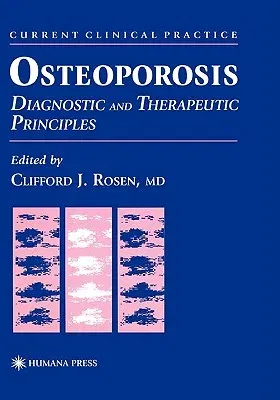LA WRENCE G. RAISZ, MD Division of Endocrinology and Metabolism,
University of Connecticut Health Center. Farmington. CT The rapid
transfer of new knowledge concerning the pathogenesis, diagnosis,
preven- tion, and treatment of disease into clinical practice has always
been a major challenge in medicine. This challenge is particularly
difficult to meet in osteoporosis, not only because has been so much new
knowledge generated in recent years, but also because this there
disorder has not caught the attention of many practicing physicians. The
goal of this volume is to help primary care physicians develop a better
understanding of osteoporosis and a more effective approach to
diagnosis, prevention, and treatment. As primary care physicians become
more and more responsible for the maintenance of health and the
prevention of disease, osteoporosis must become one of their important
concerns. The magnitude of the problem of osteoporosis has been widely
publicized. Within the next 30 years, the cost of hip fractures alone is
expected to exceed $40 billion a year in the United States and will be a
major cause ofincreased mortality. In addition, vertebral crush
fractures will cripple more and more of our elderly population, both men
and women. This enormous toll is not inevitable. Current methods of
identifying individuals at risk and applying preventive programs could
reduce the incidence offractures by 50% or more. This should be the
minimum goal of clinicians.

